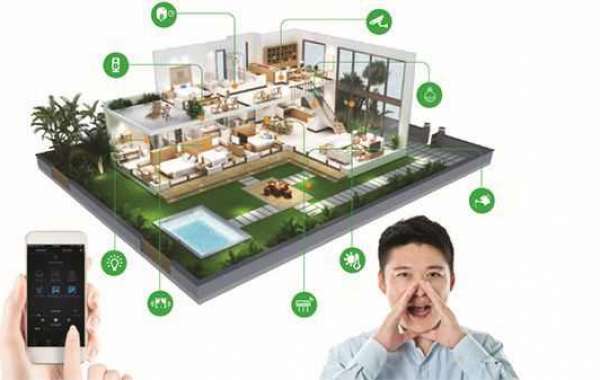Bipolar disorder is a serious mental health condition that involves intense mood swings, changing between periods of mania and depression. Treatment can help people with bipolar disorder live productive lives.
Treatment for bipolar disorder focuses on medications, psychotherapy, and lifestyle changes. It may also include alternative therapies, like acupuncture and transcranial magnetic stimulation (TMS).
Causes
BIPOLAR DISORDER can occur for a number of reasons, including stress, illness or a change in your diet. It’s important to talk to your doctor if you notice any changes in your mood, energy or behaviour, and to make sure you are getting adequate sleep.
It can also be a symptom of other health problems, such as multiple sclerosis or diabetes. These conditions can damage the nerves that control your eyes.
Glaucoma is a group of diseases that can damage the eye’s optic nerve, which can result in vision loss and blindness. It occurs when the normal fluid pressure inside your eyes rises too much.
It can happen for a number of reasons, including strabismus (misalignment of the eyes). It may be congenital or develop over time as you age. It’s usually detected in childhood, and it can be more likely to occur if there’s a family history of the condition.
Symptoms
People with bipolar disorder have moods that range from "highs" to "lows." They might experience an episode of mania and depression at the same time.
Symptoms of bipolar disorder can affect the person's ability to function, work and interact with other people. They can also be severe and lead to problems in relationships.
There are two main types of episodes of bipolar disorder: mania and hypomania. In a manic episode, a person is usually very happy and has an overwhelming sense of euphoria or excitement.
They might spend a lot of money or engage in dangerous or inappropriate activities. They may also have delusions or hallucinations.
Treatment for bipolar disorder includes a combination of medications and psychotherapy. Talking therapies help people manage their symptoms and learn how to cope with them.
It can be tough to accept a diagnosis, but it's important to remember that you are still you. You are a person who wants to be happy, you have your own feelings and thoughts and language.
Treatment
Treatment for bipolar disorder focuses on stabilising a person's current mood, and preventing further relapse. This includes medications like mood stabilisers and antipsychotics, as well as psychological and lifestyle approaches to boosting resilience.
People with bipolar disorder also need support from their families and friends. This can help them to cope with their symptoms, identify triggers and handle crises.
Family psychoeducation is an effective intervention that aims to educate family members about the disease, and to help them recognise signs of illness and react effectively. It's especially helpful for relatives of people in early recovery and during remission.
Interpersonal and social rhythm therapy (IPSRT) is a type of talk therapy that helps you improve your mood by understanding and working with your biological and social rhythms. It teaches you to identify the daily routines of work, sleep and leisure that offer the best symptom control. It also teaches you to manage stress in your life and reduce disruptions in those routines that can trigger episodes of depression or mania.
Prevention
Prevention is key and it is well worth your while to make it a top priority. Your best bet is to be proactive, especially when it comes to managing your mental health. There are many ways to reduce the risk of getting bipolar including identifying and managing triggers, keeping a health diary, eating right, exercise and getting enough sleep.
You also want to keep your doctor informed of any changes in your condition. This includes your medications and any new treatments you are trying. This helps you get the most out of your treatment and avoid side effects and complications. The most important thing is to be open and honest about your mental health and take charge of your treatment plan. This is one of the best things you can do for yourself and the ones you love.








